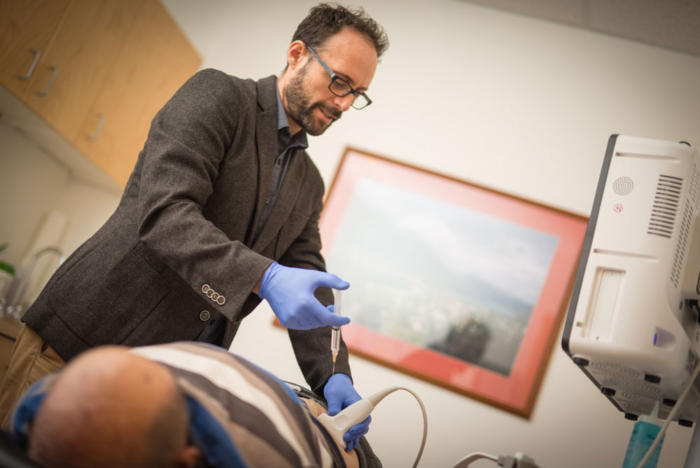Is yoga therapy for you?
Yoga Therapy is the application of all the tools of yoga to specific health conditions. In addition to asana, pranayama and meditation, other yogic tools include visualization, affirmations, sound therapy, etc. Yoga Therapy adapts yoga to the individual rather than the other way around, which is the norm in most western yoga classes. It is typically taught in a small group, semiprivate, or private setting allowing ample time for individualized attention and handson adjustments as necessary.
Yoga meets the student where they are at, without expectations of attaining any particular position or having any particular realization. Although the student may begin with the goals of reducing physical pain and suffering, over time and with commitment to the physical practice, other benefits and interests naturally arise within the mental, emotional, and sometimes spiritual arenas.
What is Yoga and Yoga Therapy?
A Yoga Therapist will assess each individual based on the panca maya kosha model. The five layers of the self include the physical, physiological/life force, mental, intellectual/personality and social/bliss/emotional “bodies”. Disturbances in any or all of these layers can cause disease, and it is the role of the Yoga Therapist to identify and treat each individual accordingly. For example, where appropriate, yoga therapists will assess posture, myofascial lines, stress and energy levels, memory, sleep patterns, bowel movements, appetite, the quality of relationships, mental stimulation, mental health and emotions, health history, etc. Ayurvedic constitutional imbalances (doshas) as well as the degree of toxin accumulation (ama) in the tissues (dhatus) and the strength of digestion/metabolism (agni) will also be taken i nto consideration. A detailed plan will be formulated based on the unique characteristics and imbalances within each individual. All of the tools of yoga may or may not be used, depending on what is needed to develop a sense of wholeness and health in all dimensions of self.
Yoga & Chronic Pain
Yoga Therapy is very effective at treating chronic pain and the host of symptoms and conditions that go along with pain that has become chronic. The American College of Physcians (ACP) recently published new guidelines in the Annals of Internal Medicine encouraging nonpharmaceutical therapies like yoga, mindfulness meditation, tai chi, and massage as first lines of treatment for chronic low back pain. The report finds that yoga may improve pain and functioning relative to usual care and education, and should be favored over general forms of exercise and drug therapy. This is a significant departure from the traditional recommendations, and shows how widespread and effective yoga has become.
So how does yoga help chronic pain, especially pain stemming from central sensitization? By calming the nervous system through the many tools available in yoga and introducing gentle movement while maintaining that parasympathetic state, the body produces natural opioids in the form of endorphins that override pain signals and turn the pain dial down.
Symptoms of anxiety, depression, insomnia, poor digestion, low energy, poor memory, high stress, etc., are also alleviated in a similar way when a yoga practice is followed for any length of time with a sense of focus and dedication. Research done with a range of populations suggests that yoga practice leads to better regulation of the sympathetic nervous system and hypothalamicpituitaryadrenal system, as well as
a decrease in depressive and anxious states. This all comes back to the state of mind, and being able to find stillness despite having pain, which is not always an easy task.
Despite our conditioned notion that pain is caused by tissue damage, that “something [physical] must be wrong”, research continues to show that not all pain is correlated with tissue damage, and that pain is actually produced in the central nervoussystem (i.e. the brain and spinal cord) rather than coming from tissue damage in the periphery.

